The Supreme Court on Wednesday declined to entertain a petition seeking a direction for a uniform law for trust and trustees, charities and charitable institutions, and religious endowments and institutions.
A bench, headed by Justice D.Y. Chandrachud, told petitioner advocate Ashwini Kumar Upadhyay, that "it is a well settled principle that no court issues a mandamus to the Parliament, to pass a law".
The bench, also comprising Justice Surya Kant, told Upadhyay that he is saying there should be a common law for all trusts, but this matter is within the domain of the Parliament, and the court cannot pass any direction. As Upadhyay submitted there is an alternate prayer, Justice Surya Kant said: "The prayer itself is an interference with the power of the legislature."
Justice Chandrachud said: "We do not want it to be a publicity stunt by making you read the petition here in court. We cannot direct Parliament in any case. We cannot issue a mandamus." Upadhyay replied that he is challenging vires of the law, but Justice Chandrachud said: "How can you challenge this in abstract?"
The bench told Upadhyay if he is aggrieved by provisions of law, then he can challenge it, and asked him to show the facts.
Justice Surya Kant said: "If you have been evicted under the Act then we understand but in abstract as an academic exercise, how can we..."
Upadhyay said he has filed a PIL in public interest. The bench replied, "Has your property been appropriated? we have to be very careful when we entertain a PIL to challenge the validity of a law passed by parliament, challenging malnutrition etc., is different."
The top court, in its order, said: "Ashwini Kumar Upadhyay, who appears in person, seeks the permission of the court to withdraw the petition so as to enable him to pursue such remedies as are available in law. The petition is accordingly dismissed as withdrawn. No opinion has been expressed by this court on any aspect of the petition."
The plea said: "Petitioner is filing this writ petition as a PIL under Article 32 seeking appropriate writ/order/direction/declaration that the state can enact only Uniform Law for Trust-Trustees, Charities-Charitable Institutions and Religious Endowments-Institutions as enumerated in Item 10 and 28 of List-III, Seventh Schedule in consonance with Articles 14-15, and can't make separate law for Waqf and Waqf properties."







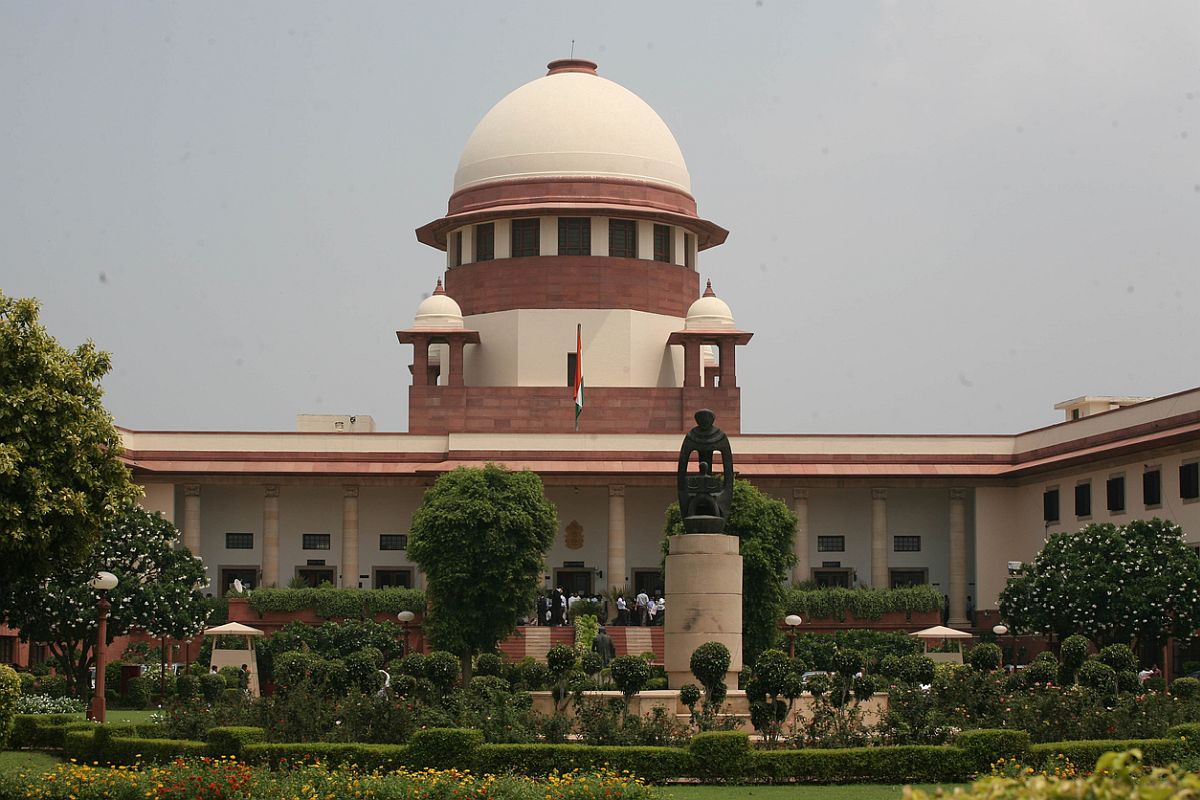
 OpinionExpress.In
OpinionExpress.In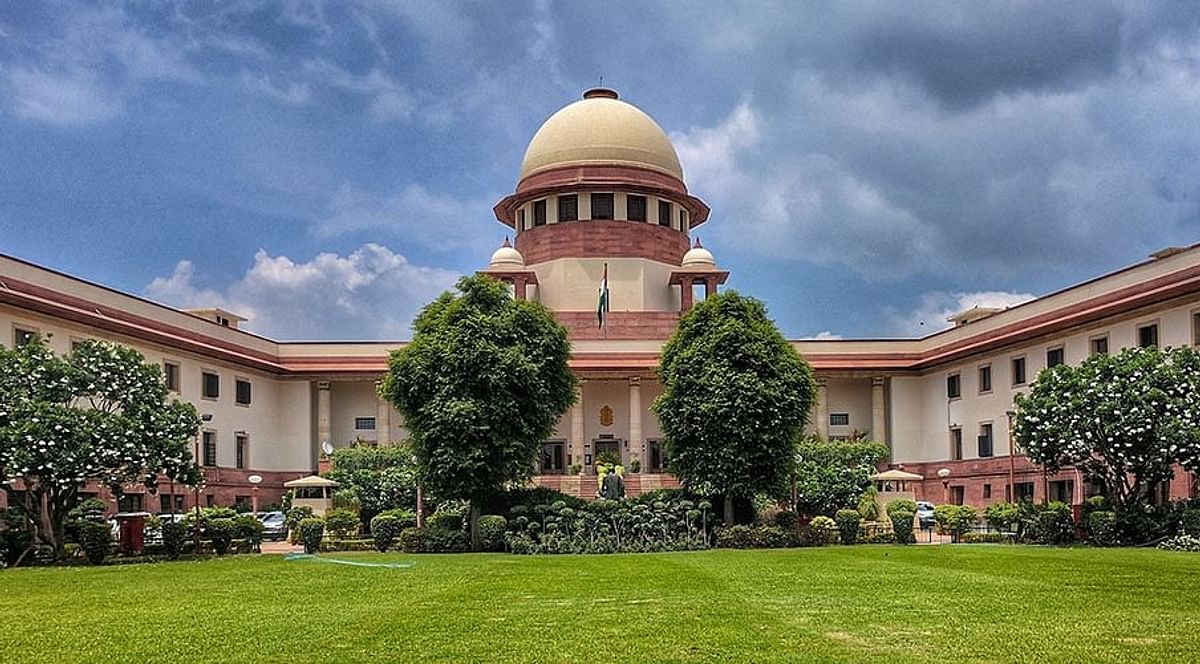
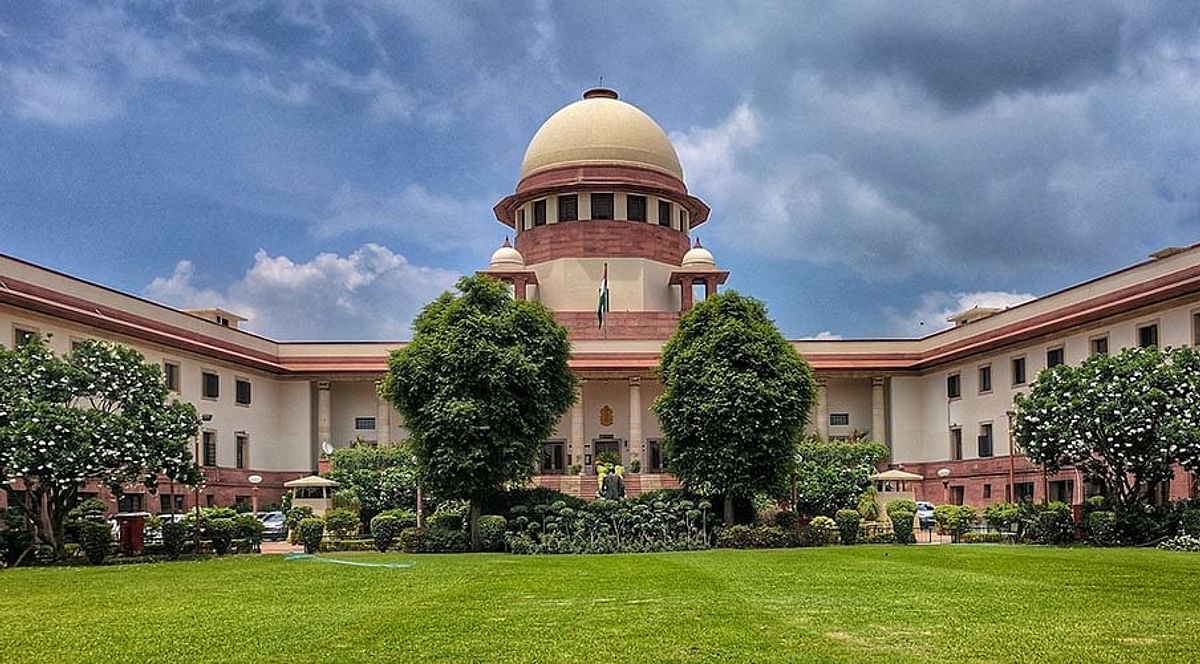
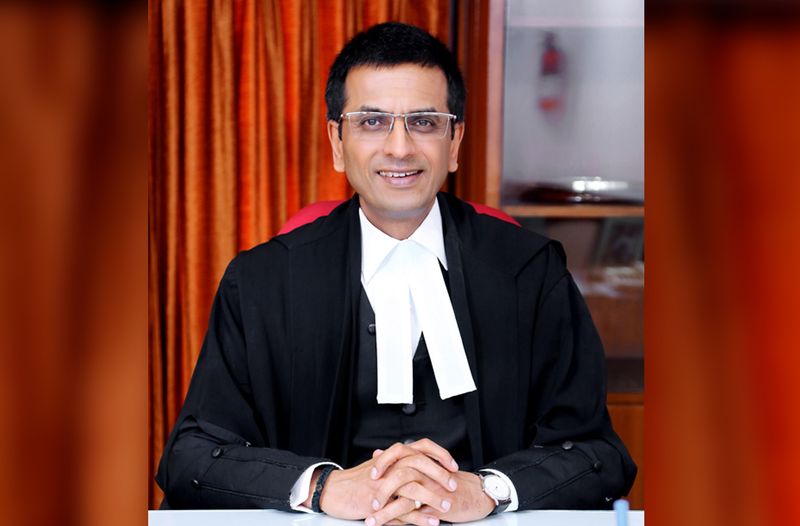
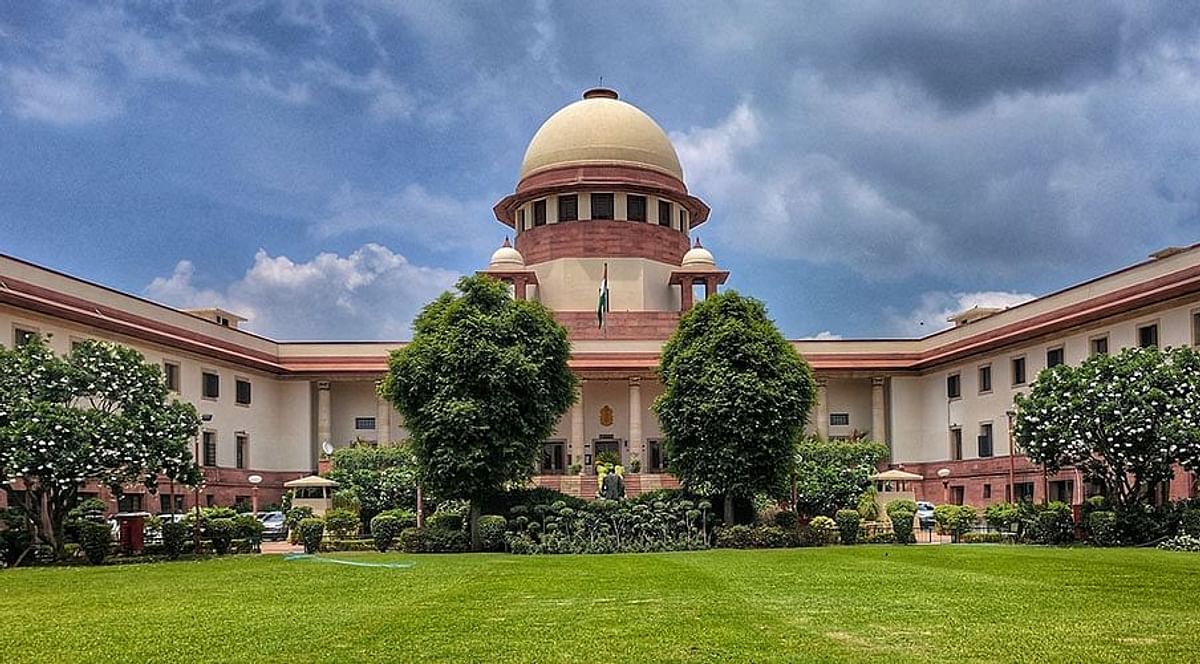
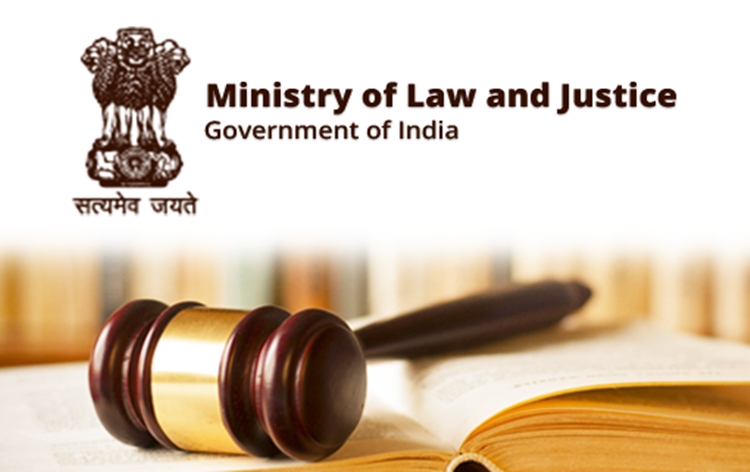
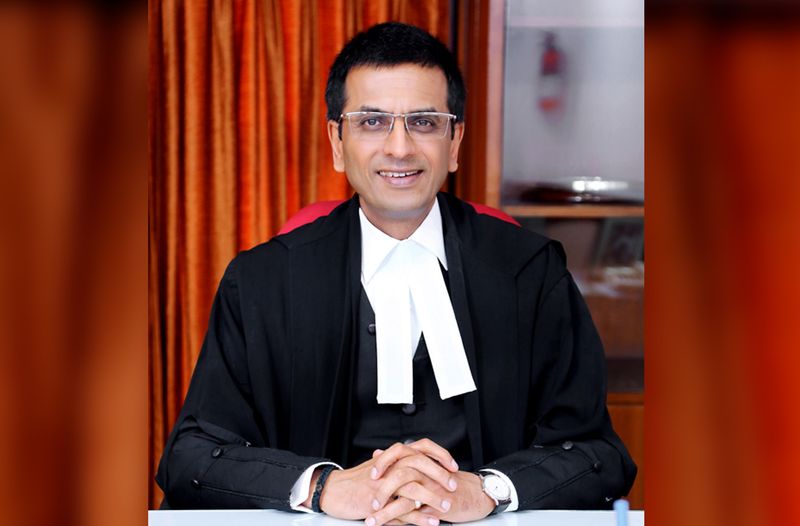
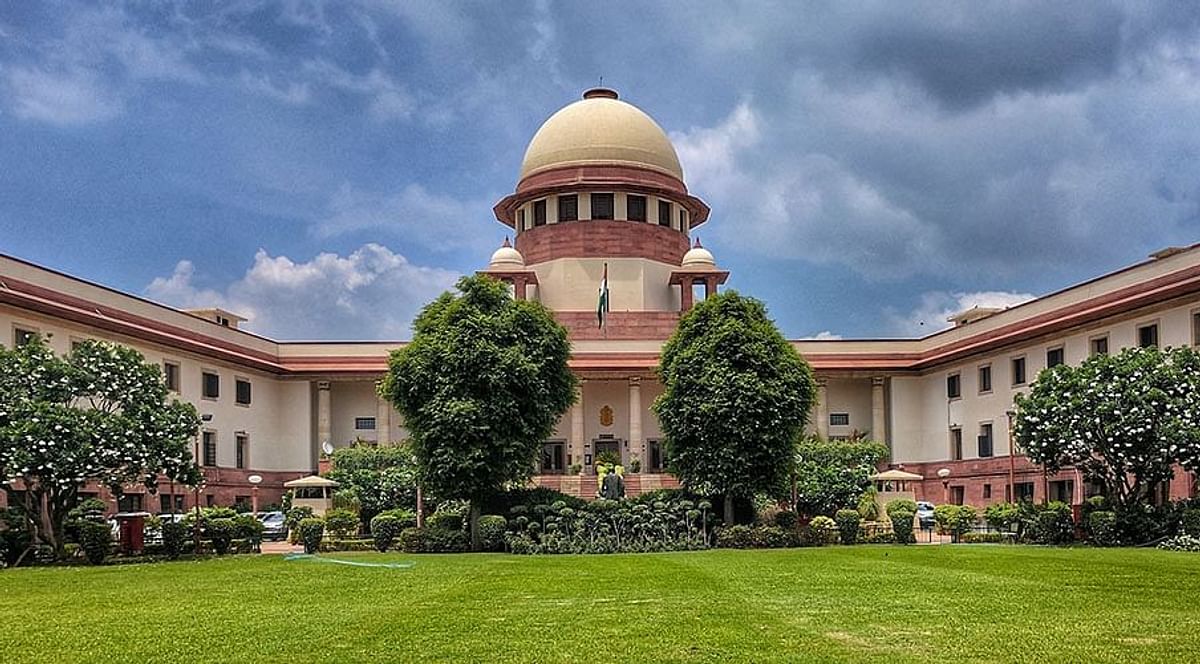
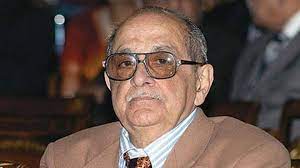
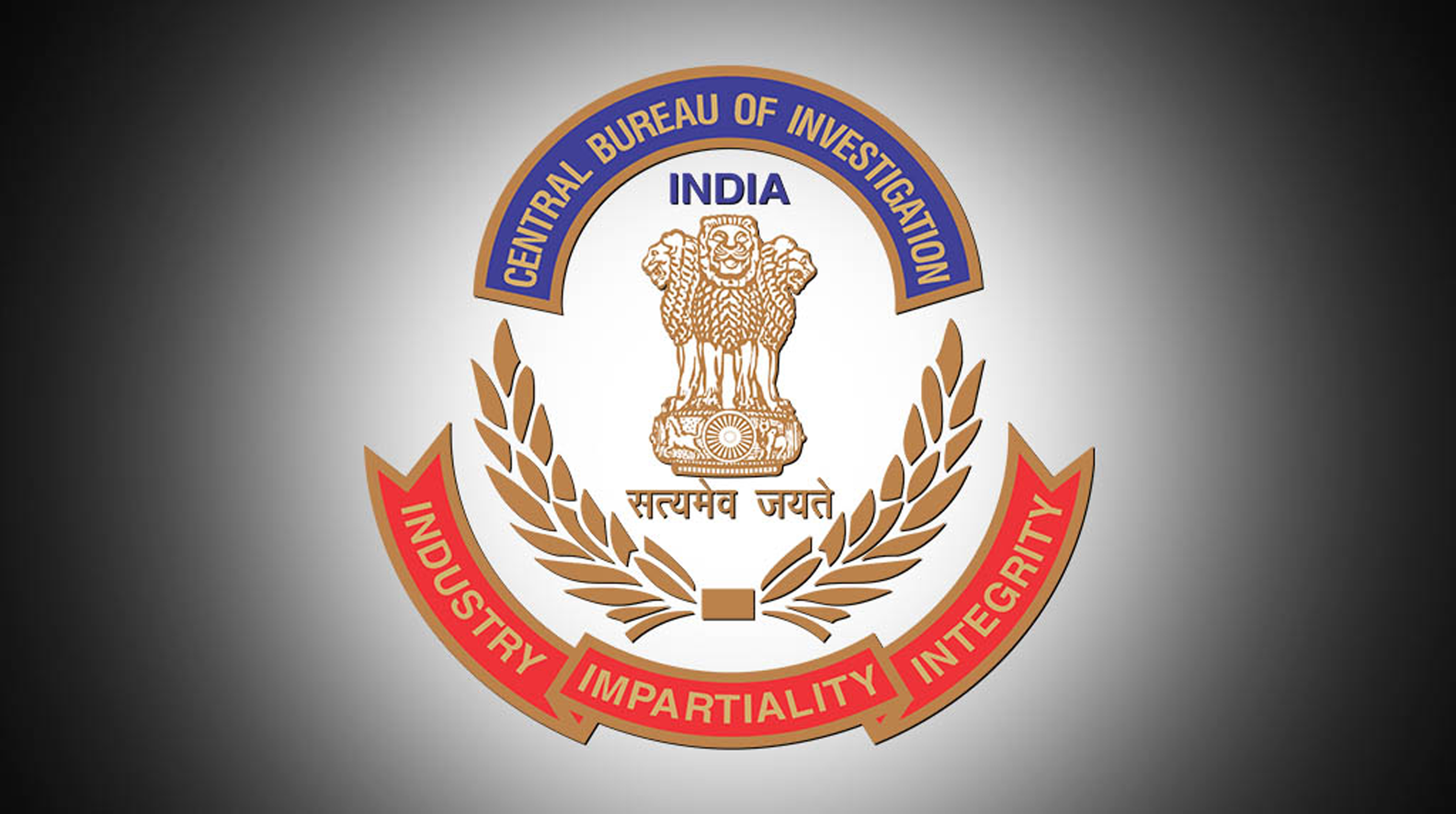
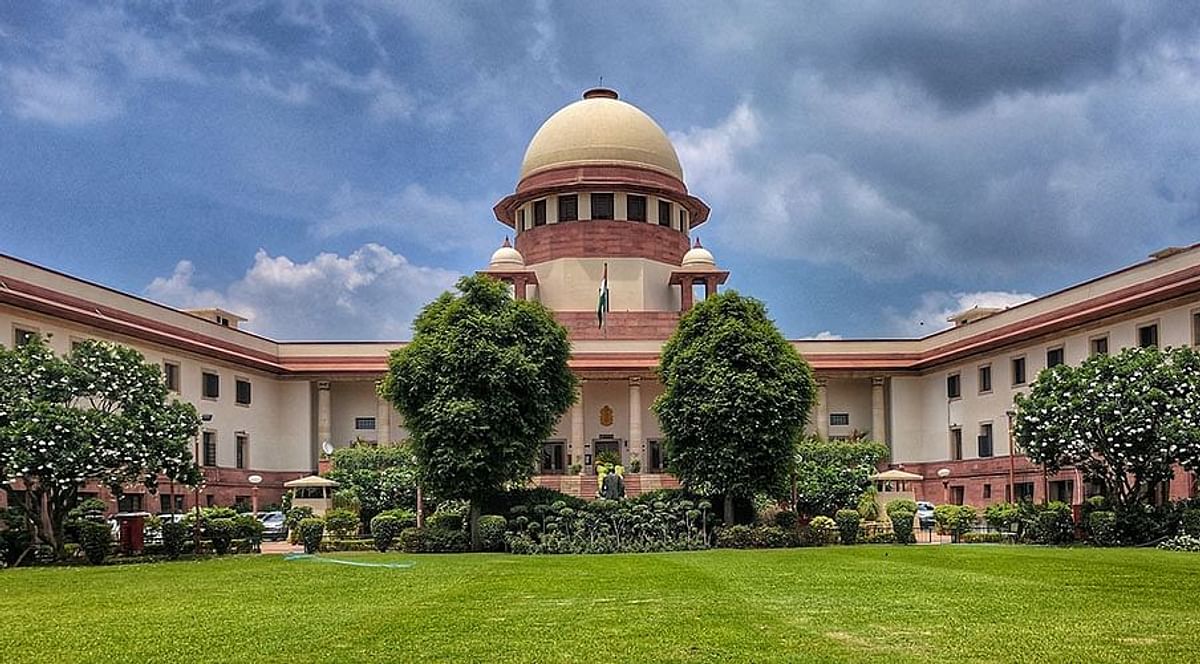






Comments (0)